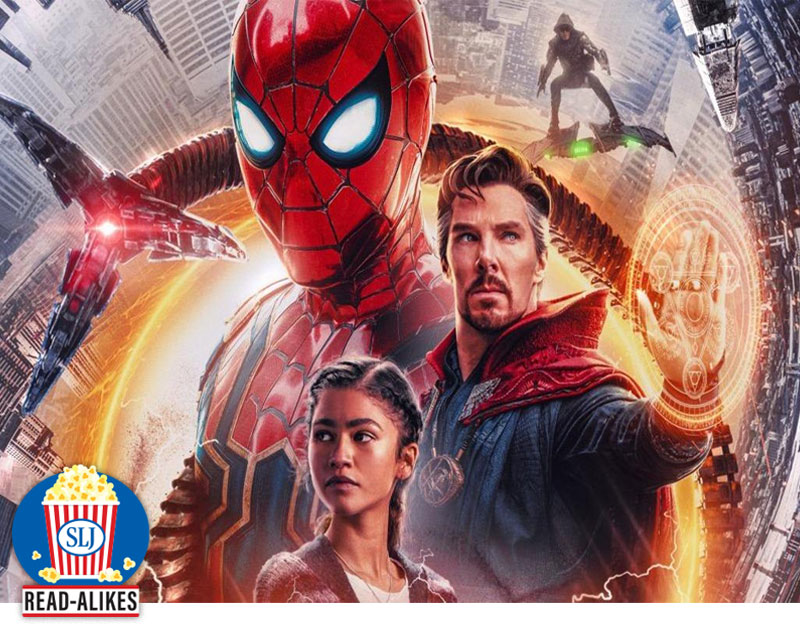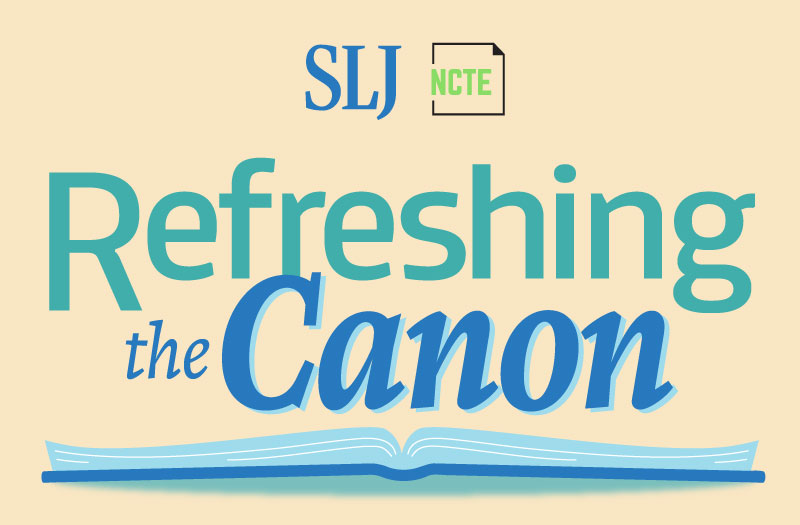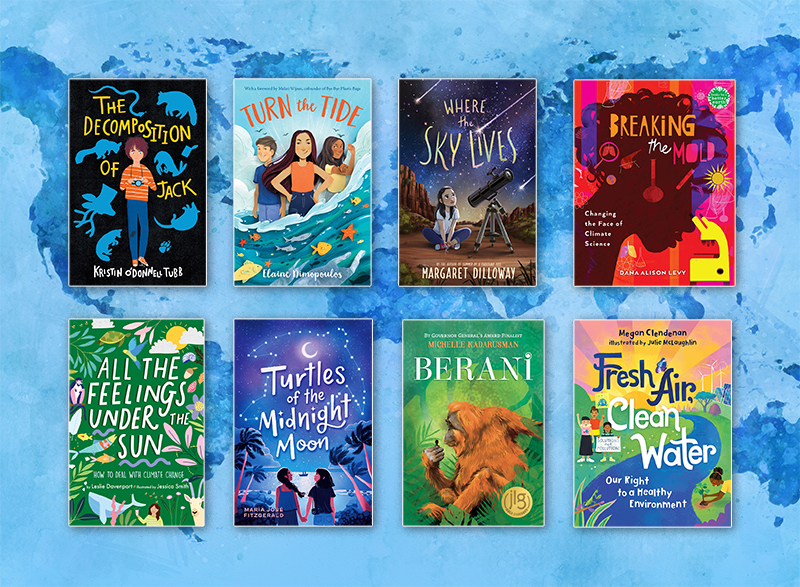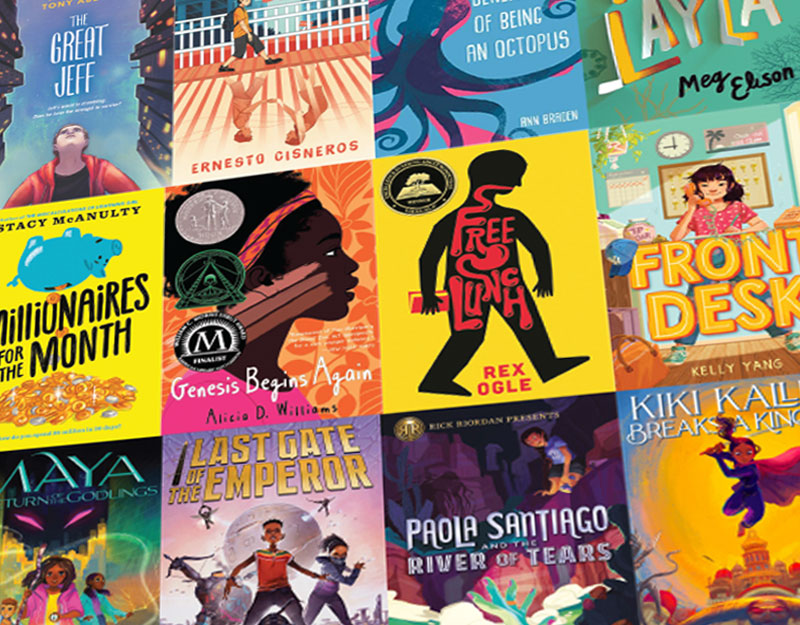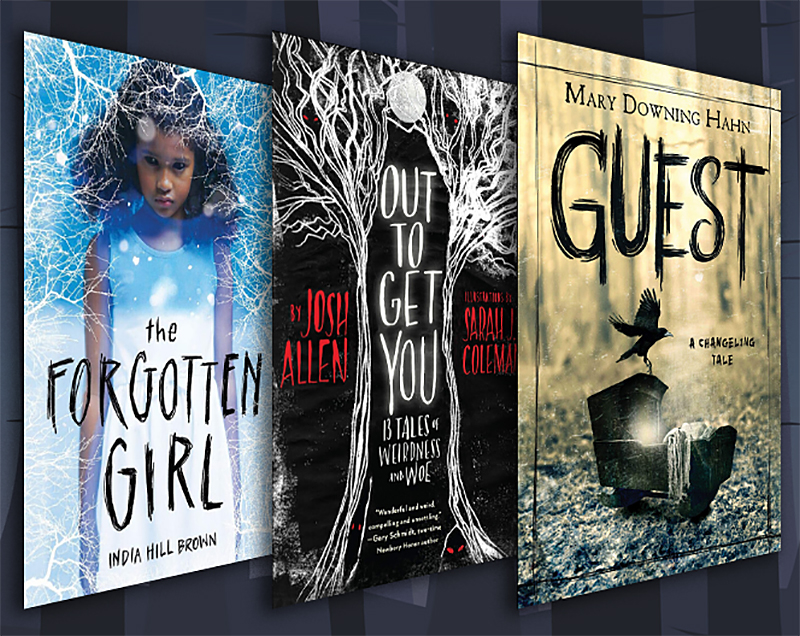Skating Toward Understanding: Navigating Hockey’s Cultural Challenges, a guest post by author David A. Robertson
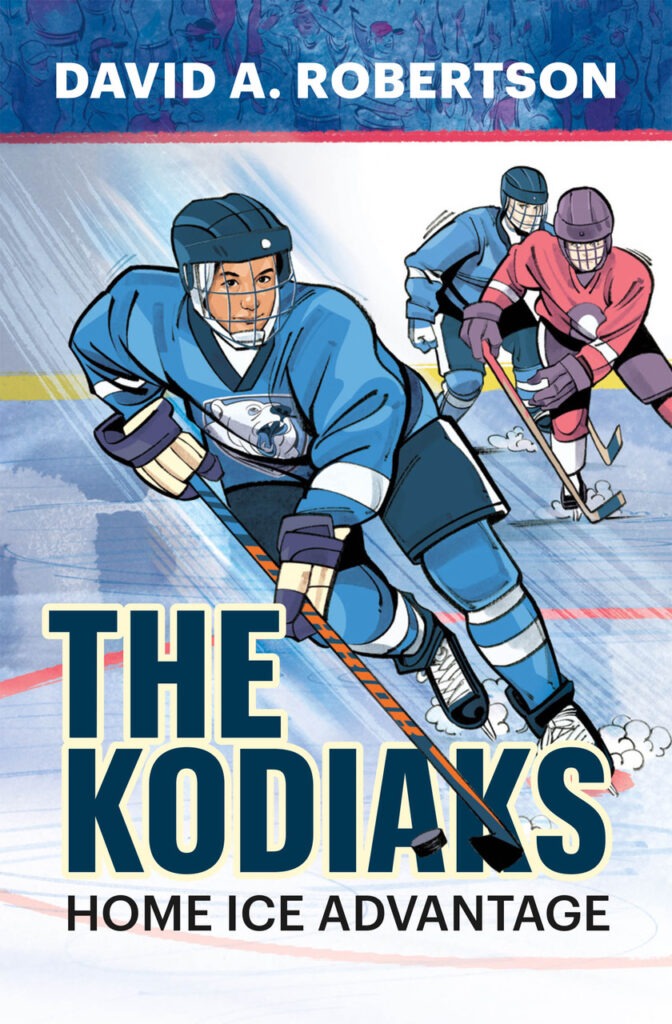
When my son, Cole, was nine—he’s eighteen now—he played hockey on a team called the Kodiaks. They were a skilled team with a head coach who demanded a high degree of effort, which made them tough to play against. My son was one of the forwards and had a great year playing with the guys. The Kodiaks finished the regular season near the top of the standings and rolled into the playoffs as one of the teams to beat. That all changed when they lost their first game. Suddenly, they had to win a ridiculous number of games in a row to claw their way to the city final. But they did it, and in dramatic fashion. Every game was a nail-biter. Even though they lost in the final, it was a season to remember. When the playoffs were over, I remember thinking, “The Kodiaks’ playoff run would make a pretty cool middle-grade novel.”
I had that thought, but I didn’t imagine I’d ever write the story. I just didn’t see the educational value in it. For the work I do and the goals I’ve set, I must write stories that teach kids, or adults, something important, whether about mental health or Indigenous people, cultures, communities, and languages. There has to be something more than, in this case, hockey. As big a role as the sport has played in my life as a parent, and as much fun as that has been, I held my imagined hockey story to the same standard. I decided that if I ever thought of a way to tie in something teachable that was in line with my writing objectives, I would return to the story.
ADVERTISEMENT
ADVERTISEMENT
Years later, I found my mind wandering back to the Kodiaks. By that time, I’d been involved in the hockey community longer, and my son had gotten involved in Indigenous hockey. He was picked up by an Indigenous team for the odd tournament and played for Team Manitoba at the National Aboriginal Hockey Championship in 2022 and 2023. I was aware, even without Cole’s involvement with Indigenous teams, that racism and other problems exist within the culture of hockey, and I thought it was important to address some of those problems head on. I wanted to write a story that wove in the issues I saw in the culture of hockey with the passion, determination, teamwork, and bravery I’ve witnessed in watching children play an awesome sport.
Alex Robinson, the protagonist of The Kodiaks: Home Ice Advantage, is a First Nations kid who moves down to the city from his reserve because of his father’s career change. Alex has to adapt not only to city life, but to being one of the only Indigenous kids on the Kodiaks, the team he’s trying out for. It’s a hard change. He goes from being the star of his team on-reserve to having to prove himself as a player while finding acceptance in an unfamiliar environment. Most of his teammates accept him, but he has to contend with the ignorant or racist attitudes of opposing players and their parents.
That’s where I have seen most of the issues in minor league hockey: parental influence and interference. Parents’ attitudes are projected onto their kids. In turn, kids, who are impressionable, can mirror these attitudes. Racism is learned; it is not innate. I used to say that kids do not see colour, but the truth is, they do—they aren’t colour blind. They just don’t care if somebody looks different unless we make them care. What we ought to be focusing on is helping kids see themselves, and each other, in a good way. To find acceptance, to seek understanding, which, in turn, builds a strong community.
Alex’s journey in The Kodiaks is to accept himself for who he is—a Cree kid—despite his encounters with ignorance, discrimination, and outright racism. Through that journey, he forms relationships with kids who accept him for who he is and reconciles relationships with kids who treat him differently by confronting them with respect and understanding. He comes to realize that if we have knowledge that other people don’t, we also need the confidence and courage to educate. It is a responsibility.
ADVERTISEMENT
ADVERTISEMENT
We need to treat each other better, and the only way we can do that sustainably and meaningfully is to be willing to listen and learn. We need to encourage our kids to read books like The Kodiaks that teach them about the diversity that is present in our communities, and to experience that diversity firsthand by coming together with kids of different backgrounds and cultures to play together and work toward common goals. This act is at once simple and complex, and vitally important.
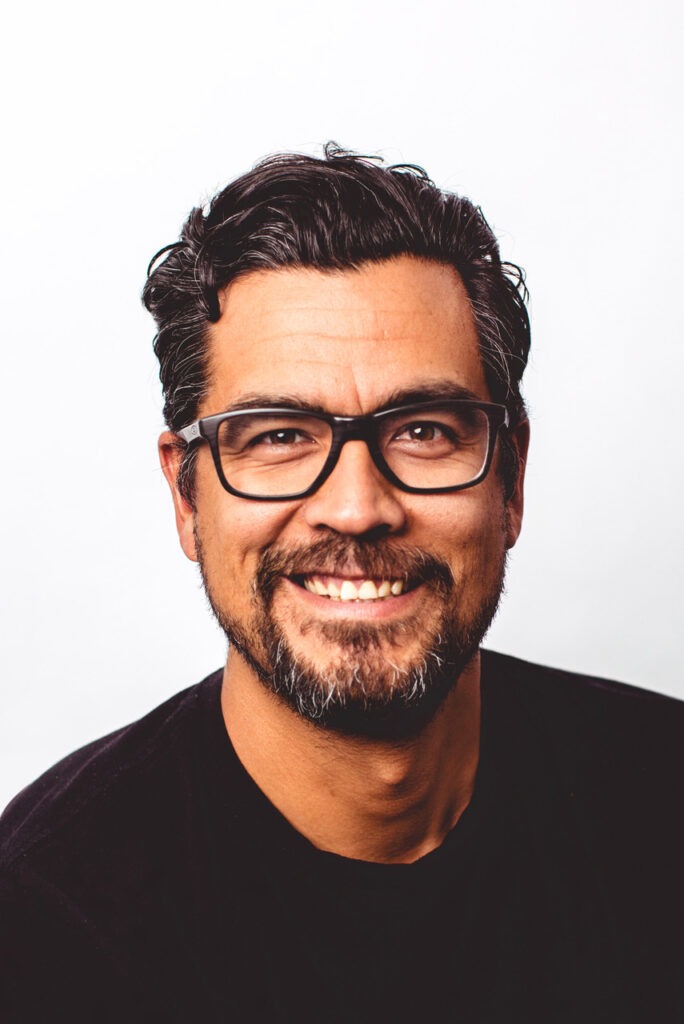
DAVID A. ROBERTSON (he/him/his) is an award-winning author of more than 25 books including The Barren Ground, When We Were Alone, which won a Governor General’s Literary Award and, most recently, the middle-grade novel The Kodiaks: Home Ice Advantage (from HighWater Press). He is also the writer and host of the podcast Kíwew. A sought-after speaker and educator, David is a member of Norway House Cree Nation. He lives in Winnipeg.
The Kodiaks: Home Ice Advantage
By David A. Robertson
Middle-grade Fiction Age: 9–12 / $12.95 US paperback / 184 pages
ISBN: 9781774921012 / Pub date: April 9, 2024
Publisher’s Book Description:
Hockey fans will love this action-packed middle grade novel about teamwork, overcoming adversity, and being proud of who you are and where you come from.
Everything is changing for 11-year-old Alex Robinson. After his father accepts a new job, Alex and his family move from their community to the city. For the first time in his life, he doesn’t fit in. His fellow students don’t understand Indigenous culture. Even a simple show of respect to his teacher gets him in trouble.
Things begin to look up after Alex tries out for a local hockey team. Playing for the Kodiaks, Alex proves himself as one of the best, but he becomes a target because he’s Indigenous. Can Alex trust his teammates and stand up to the jerks on other teams? Can he find a way to fit in and still be who he’s meant to be?
Filed under: Middle Grade, Middle Grade Fiction, Mind the Middle, Mind the Middle Project, Sports
About Karen Jensen, MLS
Karen Jensen has been a Teen Services Librarian for almost 30 years. She created TLT in 2011 and is the co-editor of The Whole Library Handbook: Teen Services with Heather Booth (ALA Editions, 2014).
ADVERTISEMENT
ADVERTISEMENT
SLJ Blog Network
Notes on April 2024
Lifetime Achievement Awards and Upcoming Books: A Talk with Christopher Paul Curtis
Unhappy Camper | This Week’s Comics
ADVERTISEMENT



